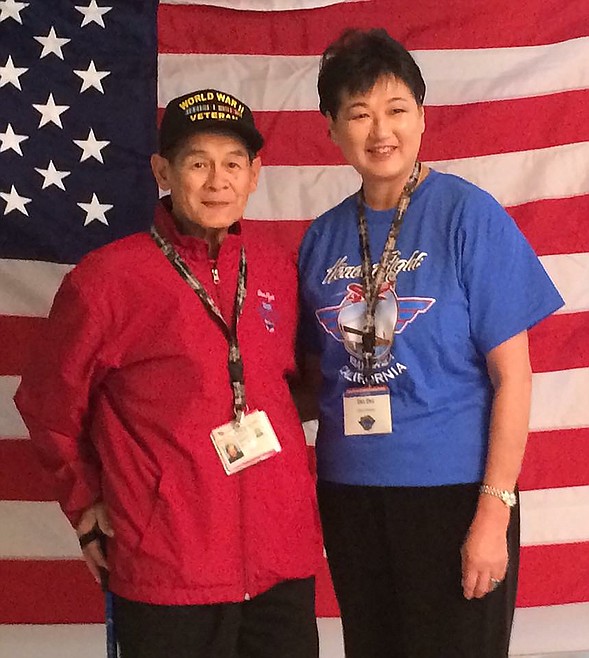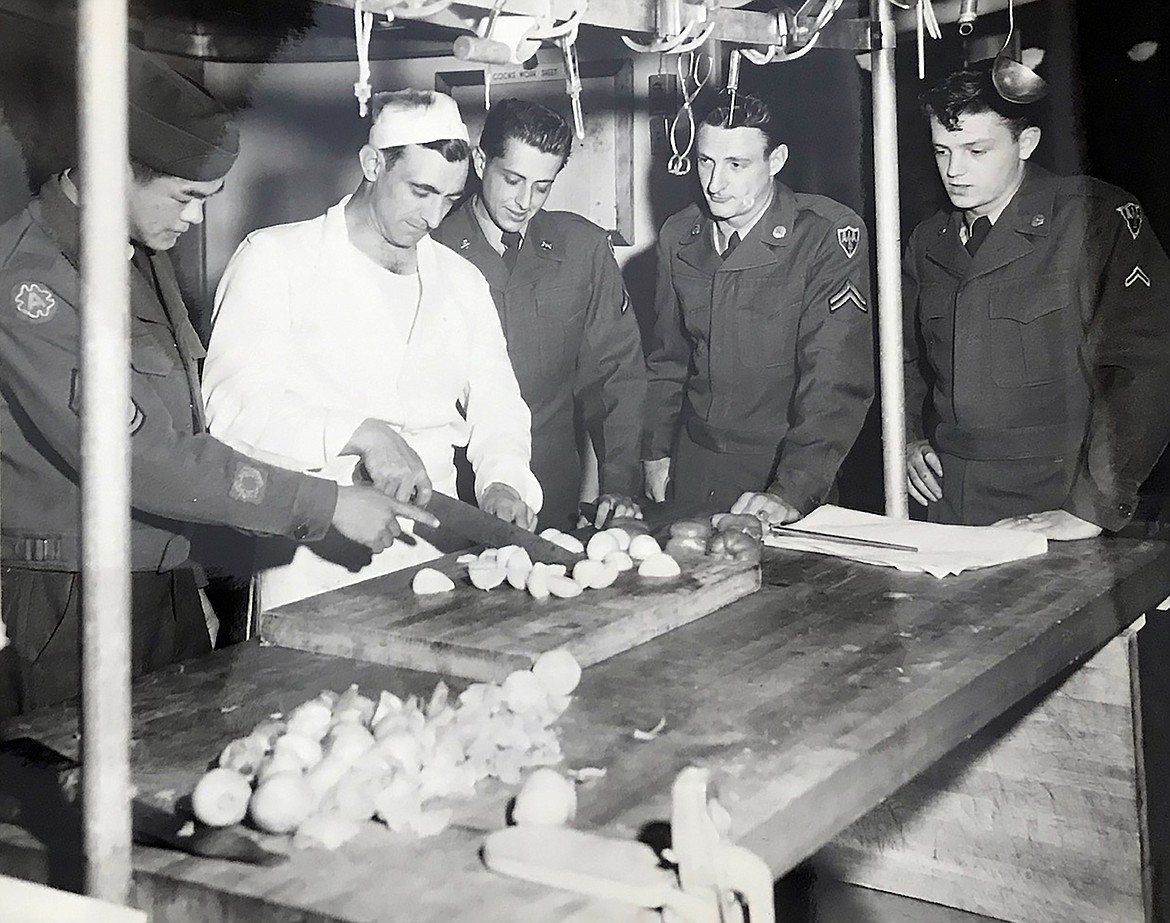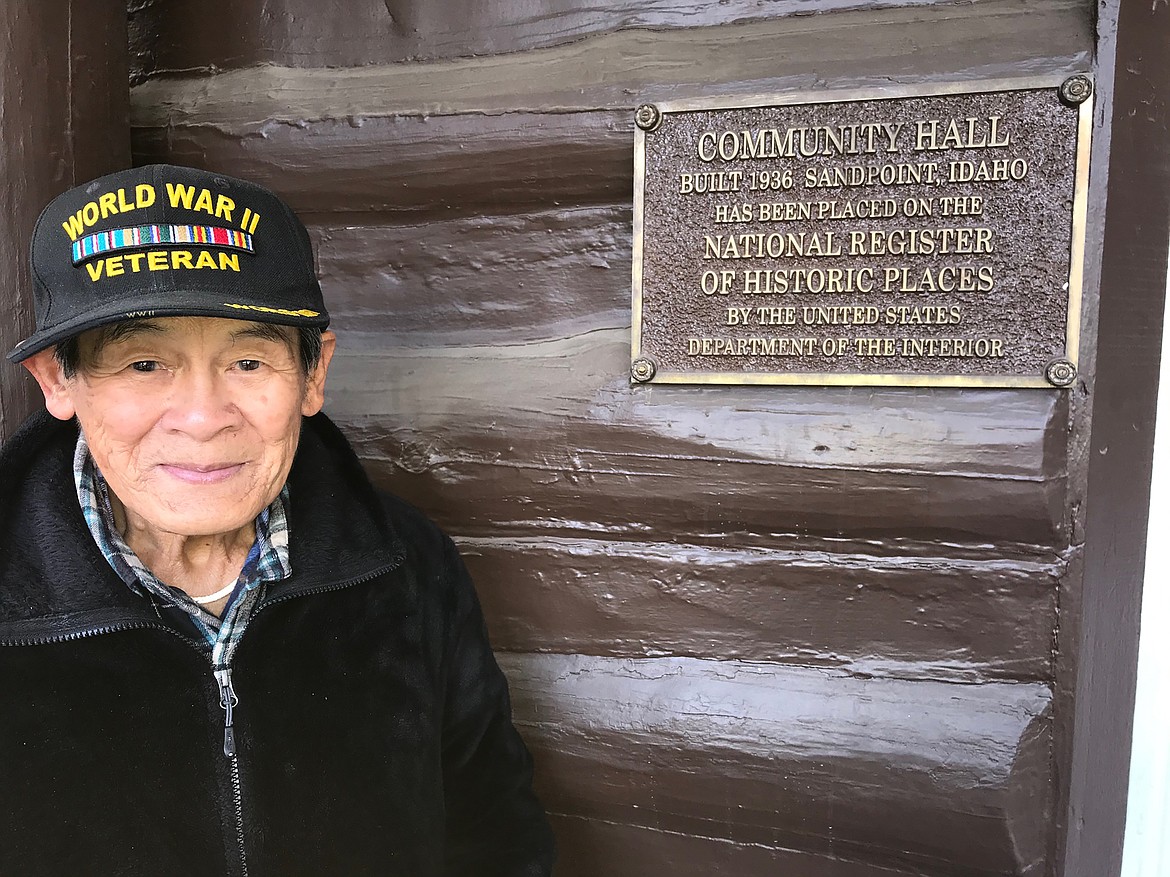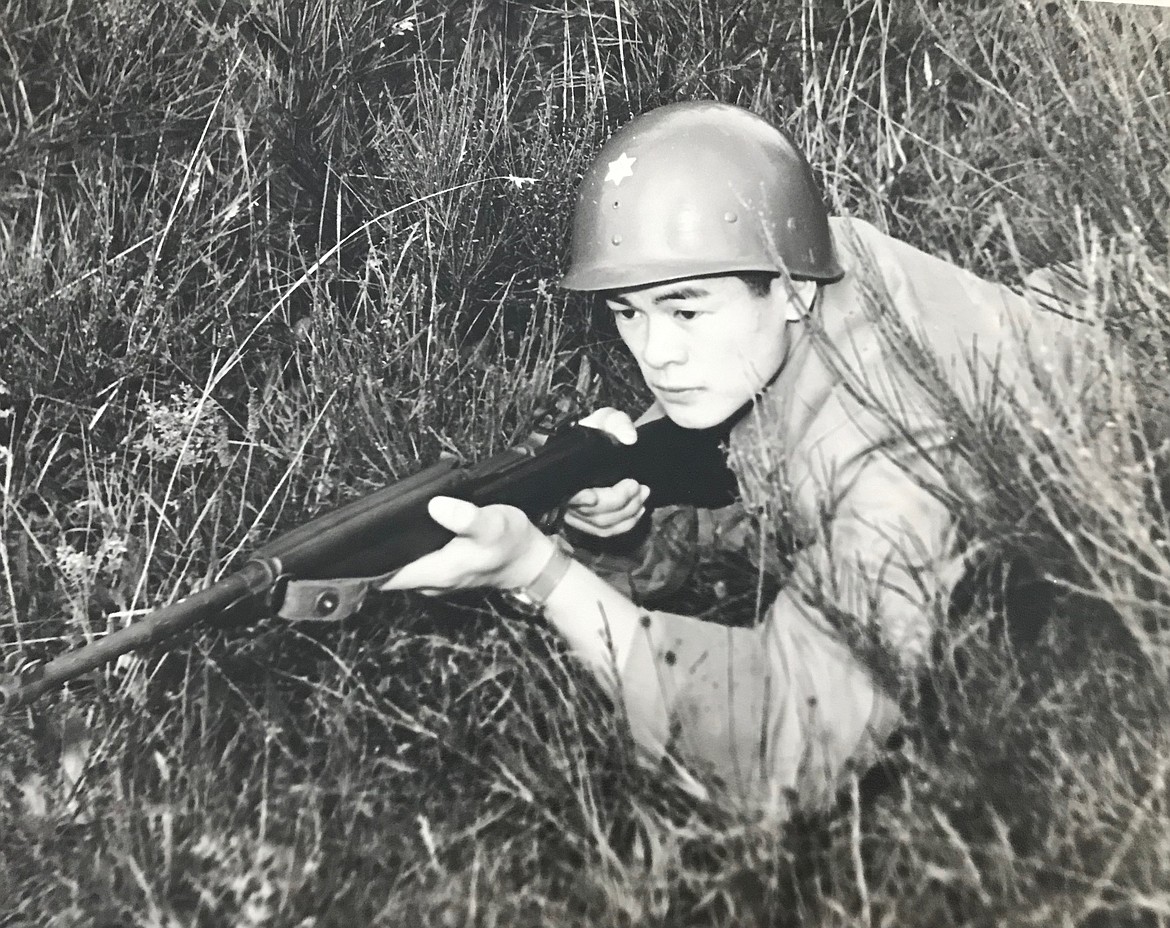Veteran recalls World War II, Korean service
At 95, George Dong is one of our country’s few surviving World War II veterans.
The North Idaho resident served in the 411th Field Artillery in the European Theater, stationed in England and Germany...
Become a Subscriber!
You have read all of your free articles this month. Select a plan below to start your subscription today.
Already a subscriber? Login









